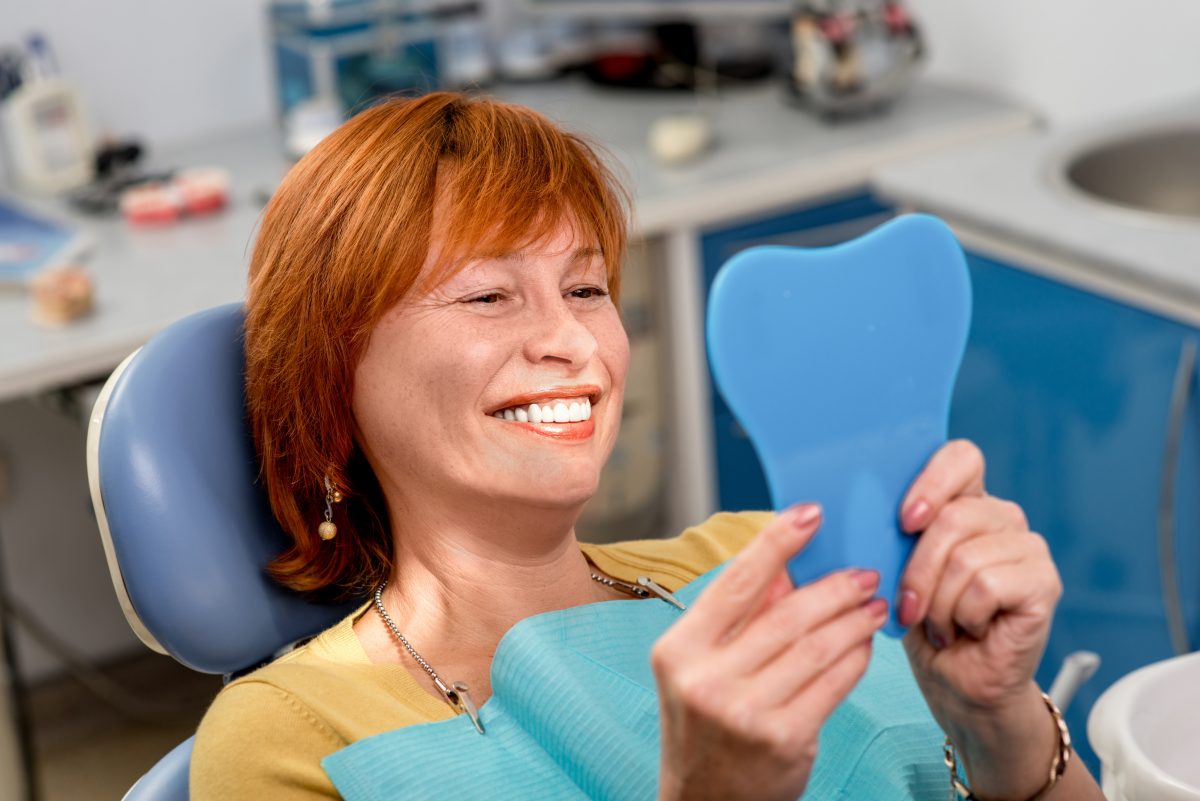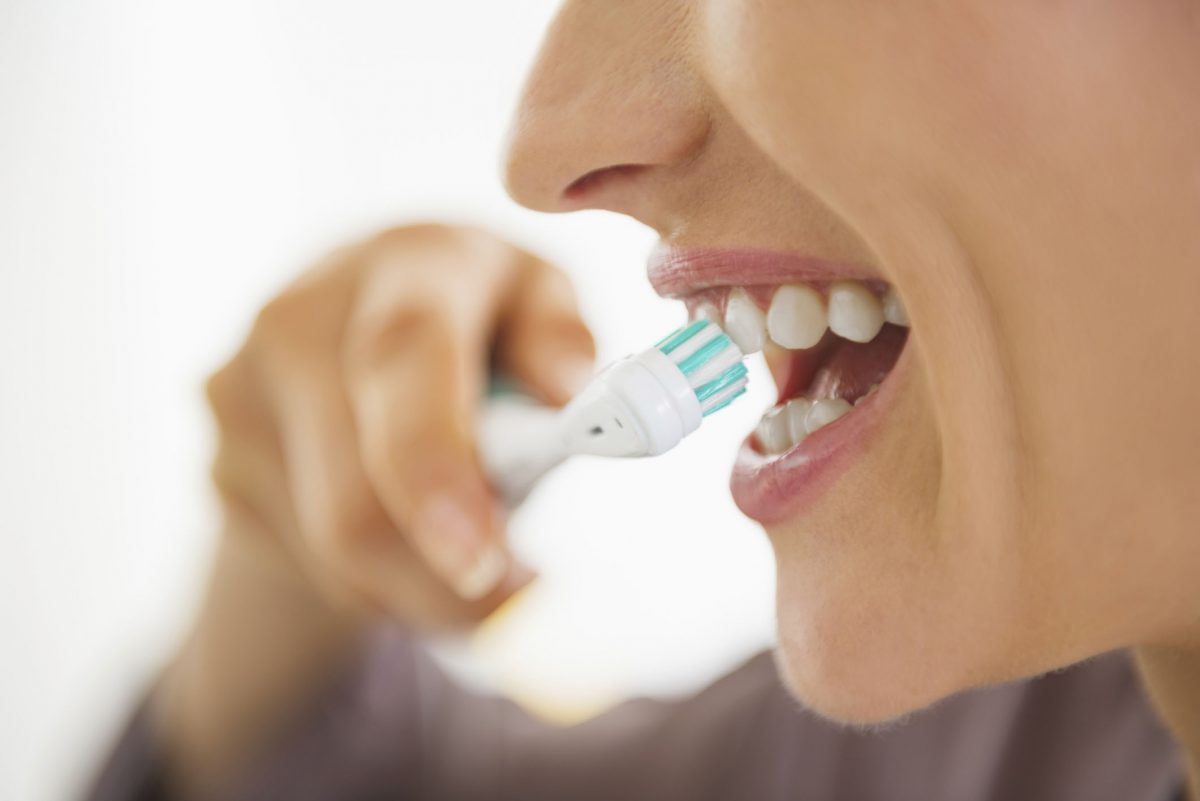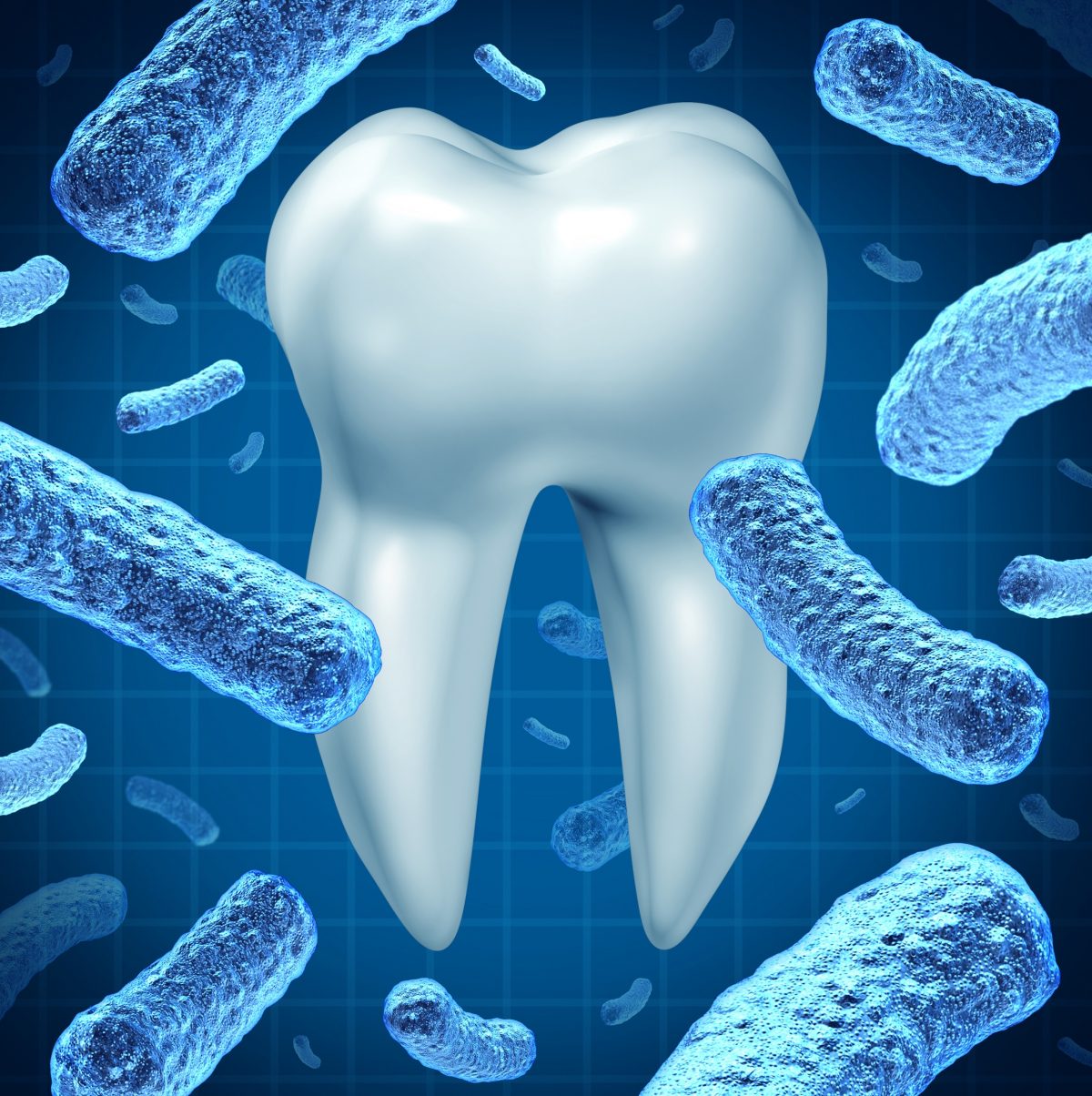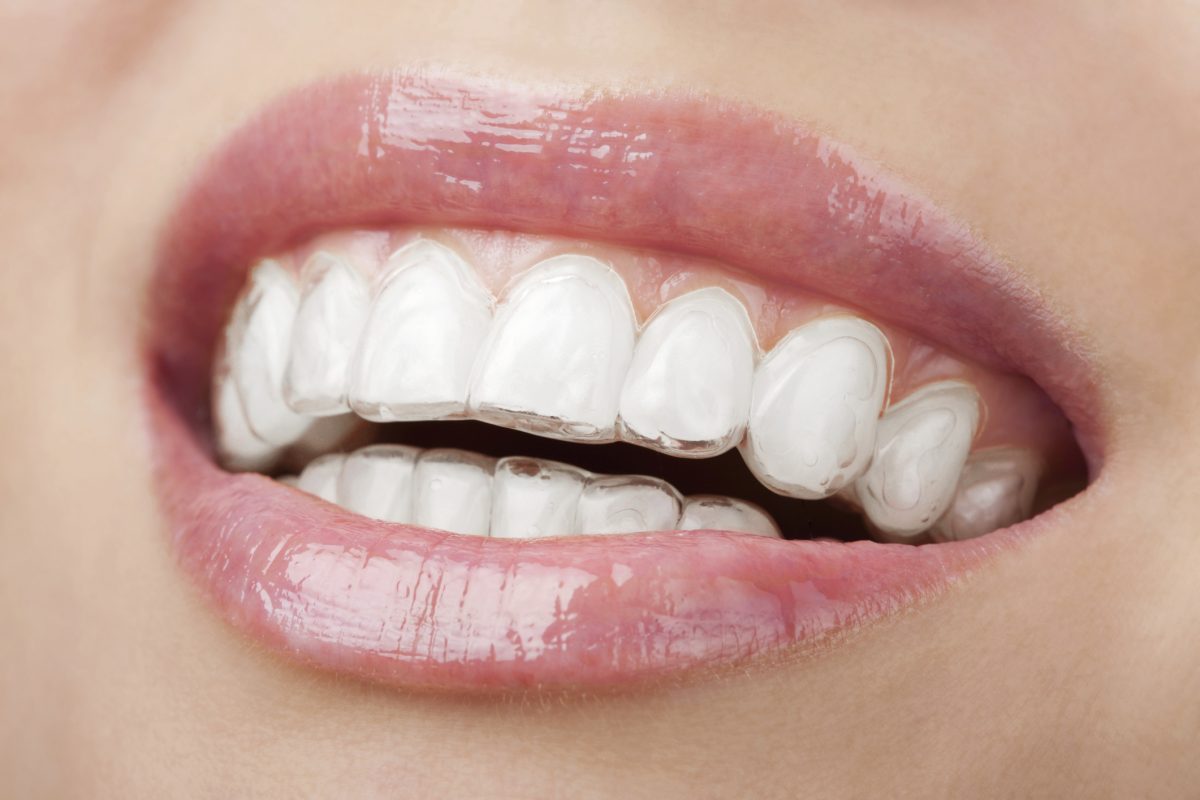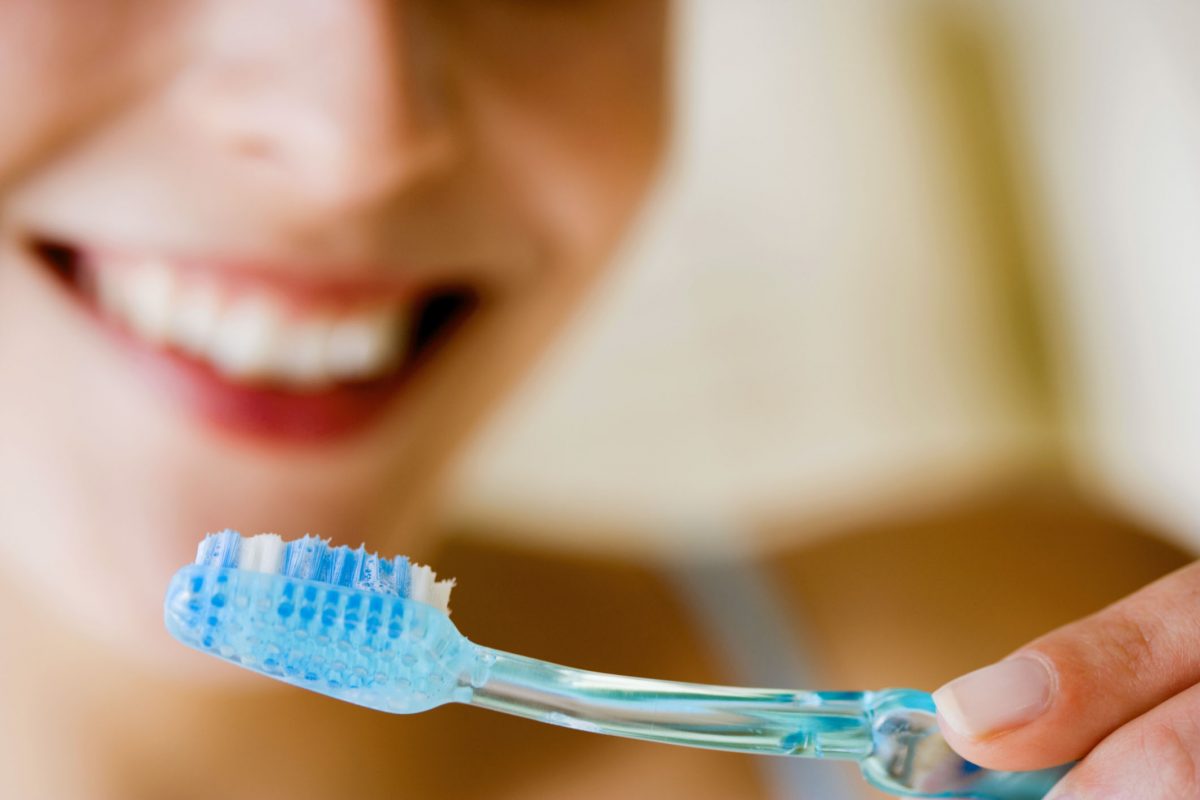When it comes to oral health, the choice between a commercial dental practice and a private dental practice is a decision that many individuals face. Each type of practice has its unique set of characteristics, catering to diverse preferences and needs.
Commercial dental practices, often part of larger corporate chains, are characterized by their accessibility and widespread availability. These practices are typically found in bustling commercial areas, making them convenient for individuals seeking dental care amid their busy lives. With extended hours and walk-in appointments, commercial practices prioritize accessibility, aiming to accommodate a broad spectrum of patients.
On the other hand, private dental practices are smaller, independently owned clinics that often foster a more personalized atmosphere. These practices are commonly run by a single dentist or a small group of practitioners, emphasizing continuity of care and a deeper patient-dentist relationship. Private practices are known for their patient-centered approach, where individuals can expect more individualized attention and a familiar face during each visit.
One of the defining differences between commercial and private practices is the approach to treatment plans and procedures. Commercial practices may employ a more standardized approach, driven by corporate guidelines, whereas private practices often have the flexibility to tailor treatment plans to the specific needs and preferences of their patients. This personalized touch can create a more comfortable and reassuring experience for individuals seeking dental care.
Cost considerations also play a significant role in the decision-making process. Commercial practices may offer competitive pricing and package deals, appealing to those on a budget. Private practices, while potentially perceived as more expensive, often provide a transparent breakdown of costs and may work with patients to explore financing options. The emphasis on quality and personalized care in private practices can be a worthwhile investment for those who prioritize a comprehensive and individualized dental experience.
In conclusion, the choice between a commercial and private dental practice ultimately boils down to individual preferences, priorities, and the level of care one seeks. Whether it’s the convenience and accessibility of commercial practices or the personalized touch of private clinics, both options contribute to the diverse landscape of dental care, ensuring that individuals can find a provider that aligns with their unique needs and expectations.
If you would like to find out more about proper brushing habits, contact Dr. Ahmadi at 323-312-0500 to schedule a consultation or visit www.dentalandimplantcare.com for additional information.
Dr. Mike Ahmadi proudly serves Bell and all surrounding areas.

